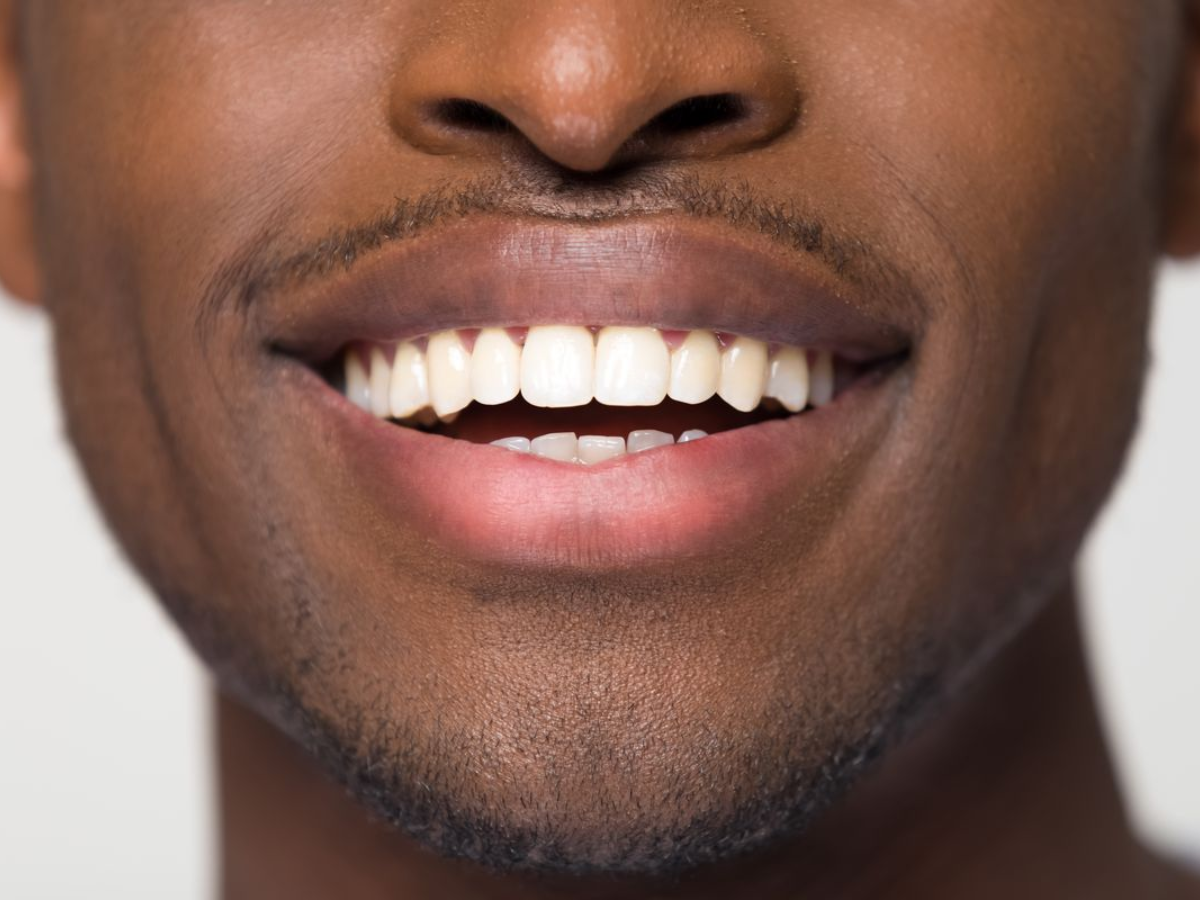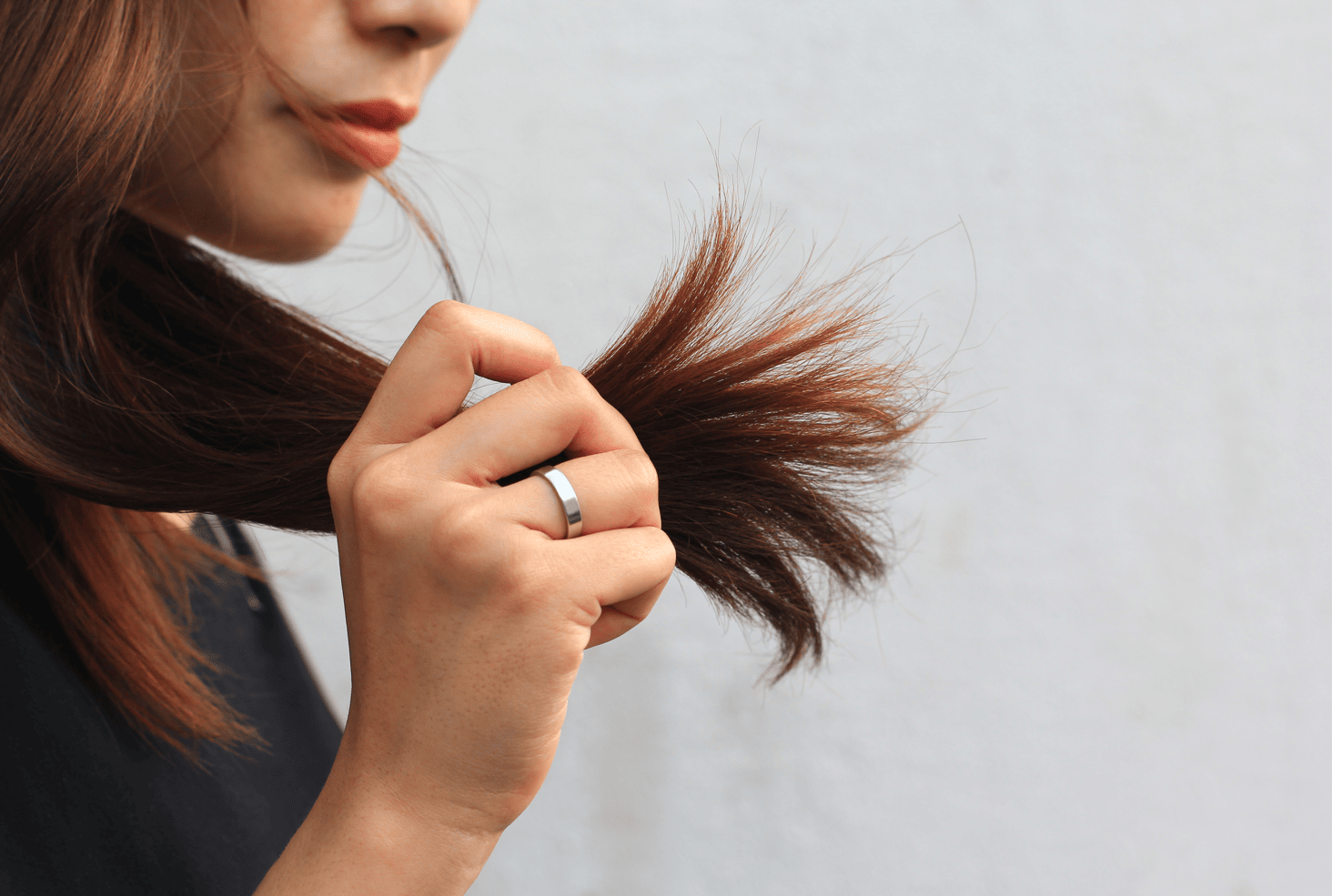Teeth Whitening for Sensitive Teeth: Solutions and Recommendations
Receiving a wow-looking, glowing grin can foster your self-esteem and make an everlasting impression on the crowd. Professional teeth whitening in dallas tx has become a popular choice to attain that dazzling smile. Yet, for folks with sensitive teeth, conventional brightening methods can be uncomfortable or even painful. Luckily, some alternative solutions and suggestions can help them with these kinds of issues achieve a whiter smile without distress.
Let’s talk about the challenges faced by those with sensitive teeth during teeth whitening and offer several effective solutions and recommendations.
Understanding Teeth Sensitivity and Its Impact on Whitening:
To effectively address treatment for acute dentin, it’s crucial to acknowledge the underlying reasons for tooth sensitivity. It happens when the protective enamel layer wears down, exposing the underlying dentin and nerve endings. This exposure makes teeth susceptible to external stimuli, such as temperature changes and acidic substances, leading to discomfort or pain.
During the proceeding, time-honored techniques usually entangle the usage of hydrogen peroxide-based gels or bleaching agents to wipe out blemishes plus discoloration. However, for individuals with sensitive teeth, these aggressive chemicals can further irritate the exposed dentin, intensifying sensitivity and causing considerable discomfort.
The impact of teeth sensitivity on brightening can differ from mild misery to sharp, shooting pain, making the proceeding unbearable for some people. The fear of heightened sharpness may even deter sensitive individuals from attempting any whitening treatments altogether, resulting in missed prospects for achieving a more confident chuckle.
To handle this concern, it is integral to figure out alternative options that are moderate on sensitive jaws, including desensitizing toothpaste, custom-fitted trays, or natural remedies. Besides, discussing with a dental practitioner before beginning any whitening treatment makes sure personalized suggestions and a better knowledge of the underlying causalities of sharpness, directing to a more convenient and fruitful teeth-brightening experience.
Consultation with a Dentist:
Before venturing on any dentin whitening journey, it is integral to speak with a seasoned oral practitioner. A tooth doctor can assess the extent of tooth sensitivity and identify possible underlying issues that may be exacerbating the sensitivity. Based on this evaluation, the dentist can recommend suitable teeth whitening options that cater to the individual’s particular requirements.
Whitening Toothpaste and Sensitivity Formula:
One of the simplest ways to start a procedure is by incorporating a whitening toothpaste designed explicitly for sensitive teeth. These toothpaste options are formulated with mild abrasives and desensitizing agents, which gently lift surface stains without causing discomfort. Routine use of a sensitiveness formula toothpaste can lead to gradual but noticeable enhancement in tooth whiteness.
Teeth Whitening Strips with Lower Peroxide Content:
For those seeking more significant whitening outcomes, there are strips available with a lower concentration of peroxide. These are fabricated to be gentler on sensitive teeth while still delivering effective whitening. Always make sure to follow the manufacturer’s instructions and detour prolonged use to avert excessive sharpness.
Custom-Fitted Whitening Trays:
Bespoke brightening trays, made by an oral practitioner, provide an ideal alternative for this specific category. Unlike one-size-fits-all trays, tailor-made trays assure an even distribution of the whitening gel, reducing touch with the jaws and minimizing the chance of sharpness. The well-versed professional can also customize the concentration of the gel to fit someone’s acuity level, making the procedure comfier and more effective.
Post-Whitening Care for Sensitive Teeth:
After completing this treatment, it’s vital to adopt a post-whitening care practice to maintain the results and minimize sensitivity. Utilizing toothpaste formulated for sensitive teeth can persist to offer alleviation and prevent future distress. Moreover, limiting the consumption of staining agents like coffee, tea, and red wine as well as practicing good oral hygiene habits will assist in preserving the newfound brightness of the smile.
Teeth whitening for sensitive teeth is indeed a challenge, but it is not an insurmountable one. Whether it’s using desensitizing toothpaste, custom-fitted trays, or natural remedies, there are diverse safe and effective options at hand. Furthermore, it’s critical to approach a tooth doctor before initiating any whitening treatment to make sure the best potential outcome for one’s unique demands. Why? Because how to prevent and deal with any mishaps can only be obtained by consulting experts. So, embrace the possibilities and take a step towards a brighter, more confident smile!





